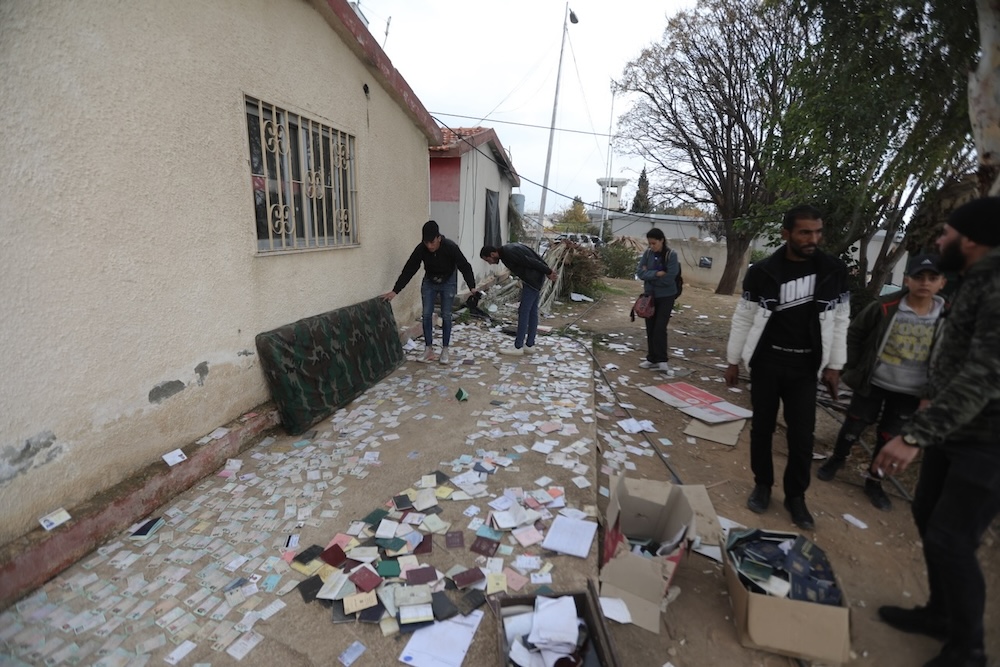R.E. Burke, a British comic book journalist and creator, has found himself at the center of a storm after being detained by U.S. Immigration and Customs Enforcement (ICE) while attempting to leave the United States. Burke, who was in the country on a tourist visa and had attended multiple comic conventions, was reportedly stopped at the border in March and subsequently held in an immigration detention center for over a week. His case has drawn international criticism and ignited broader discussions on the treatment of foreign nationals by U.S. immigration authorities.
According to Burke, the ordeal began as he was preparing to return home after visiting the U.S. for professional events. Despite his intention to leave the country, ICE officers claimed he had violated the terms of his visa, allegedly due to suspicion of engaging in professional activity without appropriate authorization. Burke denies any wrongdoing and says he was subjected to humiliating treatment during his detention, including being shackled and denied access to proper communication with his family and legal support.
The comic community has responded with swift condemnation. Fellow creators, fans, and free speech organizations have rallied around Burke, calling for clarity on visa regulations for international artists and journalists who frequently travel for conventions and interviews. Critics have pointed to the apparent contradiction of detaining someone at the point of exit, particularly when no charges were filed and Burke posed no threat.
Burke’s account, published in The Guardian, sheds light on the psychological toll of immigration detention. He described his experience as “dehumanizing,” noting the contrast between his role as a cultural commentator and how quickly he became ensnared in a system typically associated with undocumented migration and border infractions.
This incident has reignited concerns about the increasingly harsh stance taken by U.S. authorities toward international visitors and the blurred line between tourism and professional engagement in creative industries. Advocacy groups are now pushing for immigration policy reforms that better reflect the realities of global creative exchange, emphasizing that bureaucratic rigidity should not undermine freedom of expression or artistic collaboration.





